9/11 at 22
Generations of young Americans weren't alive or have no real memory of the event.
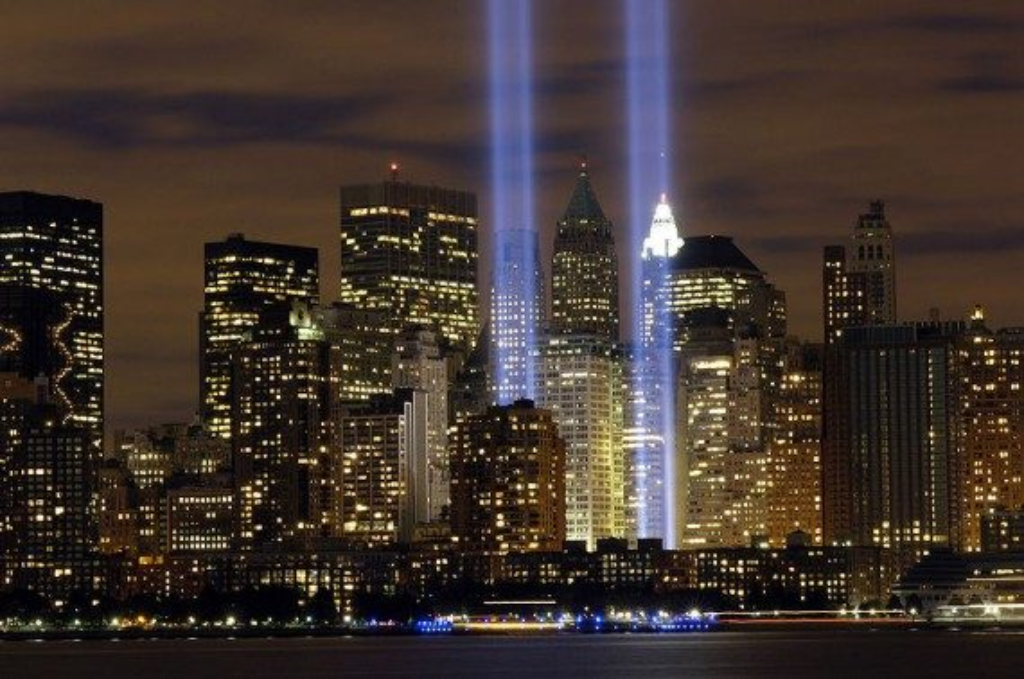
This morning, I walked past the huge flagpole on the way to my office and noticed that the flag was, once again, at half-staff. I absentmindedly wondered what the hell it was we were commemorating this time when I realized it was the anniversary of the 9/11 attacks. It had slipped my mind even though I’ve had many reminders over the last few days.
One that particularly stuck me was yesterday’s report by NPR‘s Tom Bowman and Lexie Schapitl, “For a new generation of Marines, 9/11 is history.”
PARRIS ISLAND, S.C. – It’s still pitch black and Marine recruits are scurrying around under garish spotlights, stacking their weapons and packs, all under the constant screams of drill instructors who loom over them.
Soon they’re filing into a cavernous auditorium. A long, surging stream of shaved heads and green T-shirts. They take their seats and get ready for a history lesson with Staff Sgt. Mark Anthony Ross.
“By a show of hands, who was born after the September 11th attack … most of us right?” Ross booms. “Do we know what happened during the 9/11 attacks? For those of us who may not know what happened, our country was under attack from the terrorists, make sense? They came within our borders and attacked us from the inside.”
Monday marks the 22nd anniversary of the September 11th attacks. It was a raw, searing day for Americans who watched the Twin Towers collapse, the Pentagon burn and a plane meant for the U.S. Capitol slam into a Pennsylvania field. More than 3,000 people died. But the terrorist attacks are now fading into history, now that American troops are no longer at war.
All these new recruits were born several years after the 9/11 attacks. Even their instructors have vague memories of that morning. One of the drill sergeants outside was in kindergarten when 9/11 happened. And Sgt. Ross? He was just 8 years old.
“I was in second grade,” said Ross, “and I remember I was in my math class and my teacher got a phone call from some family member stating that her uncle, she lost her uncle to that incident. So I just remember her like rushing out like highly emotional and sending us back home to our loved ones.”
The rest of the report is about how this impacts recruiting and the service ethos. But it’s noteworthy that for a pretty large cohort of Americans—essentially anyone under 30, if not under 35—the terrorist attacks of that day are a historical event, not a personal one.
Many of the remembrances have some variation of the Never Forget mantra:
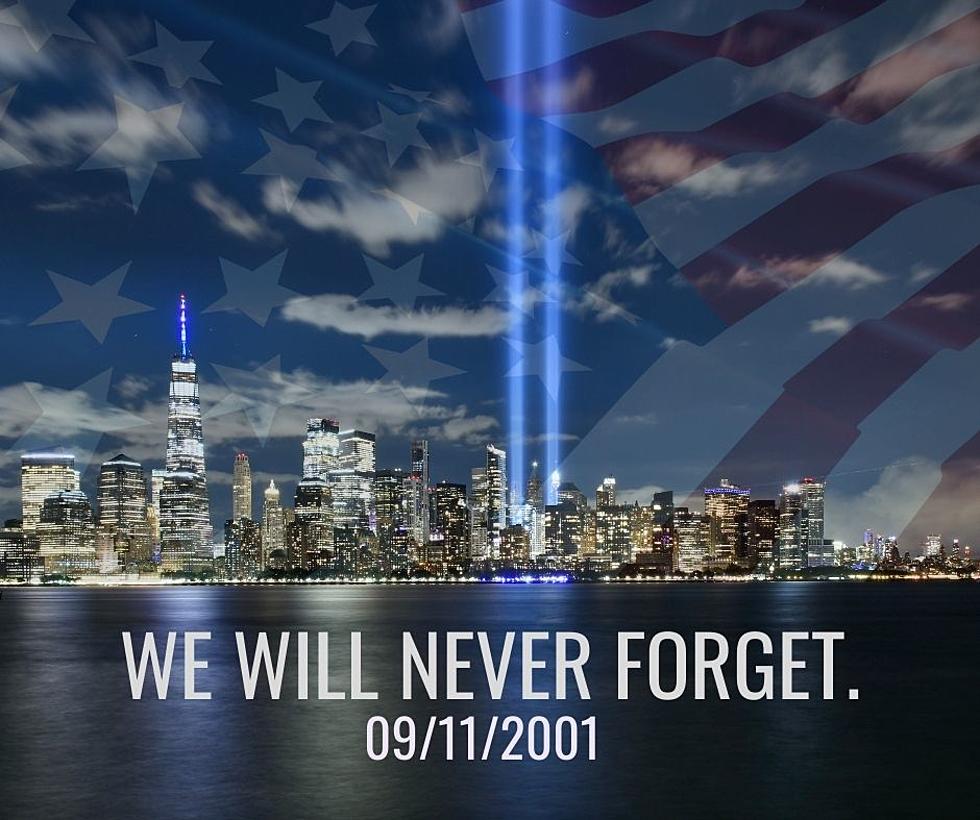
Like the Kennedy assassination or the bombing of Pearl Harbor were for earlier generations, those of us who were of a certain age will always remember where we were when we found out. But time marches on and older folks are gradually replaced by younger ones.
My dad served in Vietnam when I was still in diapers and the American war effort ended when I was 7. So, even though it was a generational flashpoint for those a decade or so older, it had no more impact on my decision to enter military service at 18 than the attacks on Pearl Harbor or the Maine.
We were in Afghanistan long enough that children of its veterans served in the war. Most of them likely had only the faintest memory of the casus beli.

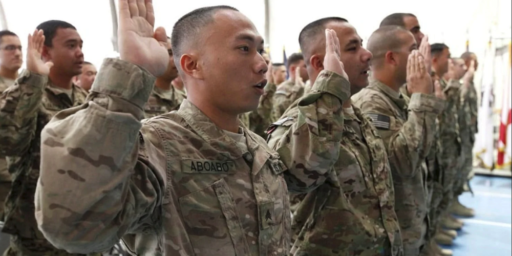
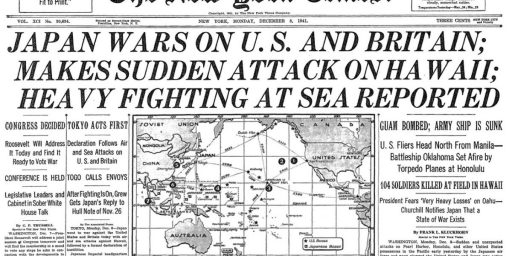
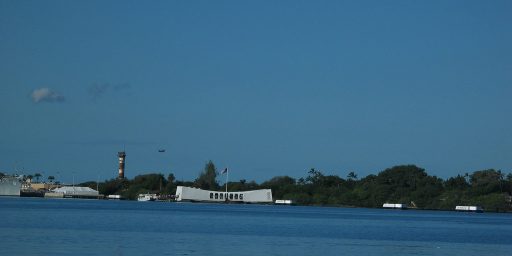

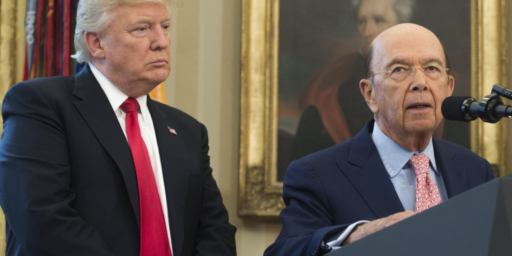
I remember 9/11. But my kids don’t. In fact, I retired out of the AF 1.5 years prior and I was home being a house husband taking care of the 4 year old. It is like not having any memory of WWII that my Dad served in. 24 years after WWII we had Woodstock which, BTW, my older brother attended.
Twenty years is a generation and while we should remember it, we don’t need to attach a lot of hoopla to it.
As an afterthought, I wonder if it is better we let these things go. Otherwise, our national memory and culture becomes sclerotic and we can’t move forward.
In my day, contemporary western history pretty much stopped at WWII. So in the early 80s, I had little knowledge of Vietnam, Korea, the Bay of Pigs, the Cuban Missile Crisis, the Civil Rights Act, Indian independence, the decolonization of Africa, even of the Berlin Wall. Mexican history ended even earlier, with the nationalization of the oil industry in the 30s.
About the only post WWII history we got concerned Israel, and only because I attended a Jewish school. We learned of independence in 1948, and the various wars since then.
If the pattern has continued, I wouldn’t expect high school students to even know about the end of the Cold War and the collapse of the USSR, much less 9/11, the war in Afghanistan, or Bush’s Folly in Iraq.
In 1389, the Serbian army held off the invading Ottoman army at great cost. The battleground was known as the Field of Blackbirds, because of the number of crows that converged to pick apart the remains of the dead soldiers. There’s a dead prince and a dead sultan and all that. It’s a key moment in the mythos of Serbian nationalism and national identity.
500 years later it was used as a justification for ethnic cleansing in Kosovo, as the population was mostly Muslim by that time.
Whenever I hear people saying “Remember 9/11” or the various similar patriotic grievance slogans, I think of that Field of Blackbirds, and all the dead Kosovars in the early 1990s, and I just want to say “forget.”
It was a pinprick, not an existential threat to our nation.
I was in NYC then, I watched the towers fall (I have a hilarious story about that), I sheltered in place and waited to hear from loved ones, and it sucked. But it’s over. And now, NYC has a massive police presence that it never had before — oppressive levels of policing — and that never needed to happen. And we got dragged into Wars that lasted for decades and killed countless civilians.
We aren’t going to learn the right lessons from history, so we should just forget, and let it fade so the next generation wonders what the big deal was.
We cannot be trusted remembering.
My cousin, Frank (Francisco Heladio Munoz) was in North Tower on the 94th floor, working as an IT Consultant. His office was, literally, where the first plane struck the tower. We’ve never found even one iota of his DNA. He was 29 and only recently married on that fateful day. It’s 22 years later, and it hurts the same every fucking year.
Francisco Munoz
A decade later, the Corona neighborhood where I grew up (Frank’s mom raised me the first 6 years of my life, before Frank was born) renamed a street in his honor.
NYC Honors 9/11 Victim And Corona Resident Francisco Muñoz
City honors 9/11 victim decade later
@Gustopher:
More like a bee sting, to which America had a violent allergic reaction triggering chronic immune system problems.
@EddieInCA:
Your Aunt Iluminada raised good men.
@CSK:
She’s a good woman. She’s had a very hard life. Her husband was killed by a drunk driver when Francisco was 6 months old. She raised him alone, and did an amazing job.
I don’t think she ever fully recovered after Francisco died on 9/11. She had a stroke about 7 years ago, and has to have care 24/7. Sadly, between the stroke and age, she doesn’t have a good quality of life at this point. Last time I was her, she didn’t recognize me, which was tough.
This day sucks every year.
@EddieInCA:
I’m very sorry to learn that.
@DrDaveT:
Which was the very point of the attack. 9/11 was not just a discrete act. It was very effective at prompting continuous self-inflicted wounds.
This is why suggestions we forget or otherwise minimize 9/11 are misguided. Our current distaste for warmongering imperialism is because we remember what happened and what came after. Many will never learn, but nobody is well-served if we all forget.
That morning I was up super early. It was a really unimportant local election day – city council or somesuch, I have utterly forgotten. The polling station, a library down on 30th, was a mile away so I walked, got a bagel, and got there about 8:10 AM. Beyond the election folks, I was the only voter there.
On the way back I stopped off at the corner store / bodega to buy a ginger ale and the TV was on. There was live footage. After ten minutes I walked the 100 yards to my building and watched CNN for the next 24 hours.
That was the day I decided rank speculation by uninformed idiots has no business being on a straight news report.
I watched the towers come down that morning, and then I went to work on a side job. I had the radio on all day but it was a waste, info wise. When I left that job site I headed for a buddy’s house to install a door for him. Afterwards, I tried to find gas. Good f’n luck with that. Could not believe people actually thought we might run out of gas.
Oh well.
If I had lost someone in that travesty I probably would have felt differently. As was, in the year that followed I said time and again, “NO! STOP!” and engaged in many arguments with friends and others about the stupidity of invading Afghanistan (and Iraq 2 yrs later). I won’t repeat their arguments, which did nothing but piss me off, but I have to laugh at the fact that not one of the people I most vehemently argued with has ever come to me and said,
“You were right, Tom.”
Same as it ever was.
@DK:
That sounds weird to me. If it resulted in self-inflicted wounds, shouldn’t we forget it (in order to stop shooting ourselves in the foot)? Or are you saying that 99% of us should forget it, but 1% should remember what happened in order to guard against it in the future?
Any perceived minimisation of the iconic nature of 9/11 inevitably attracts furious attacks. Nevertheless I will risk them by saying that “We Will Never Forget” is as mindlessly emotive a slogan as Likud’s favorite “Never Again!” They are crude rhetorical tricks to shut down rational discussion.
The American reaction to the atrocity reminded me of Eli Wallach’s indignant explanation to Yul Brynner in The Magnificent Seven of his determination to punish the small Mexican village: they had defied him and sent some of his men running. “They dared to do this. To me!” Savage as the atrocity was (and I retain a sneaking suspicion bin Laden didn’t actually anticipate how bad it would be), it was not as harmful as the misery America has brought to tens of millions of people around the world since 1945.
@DrDaveT:
What is it about the act of forgetting that is supposed to create better future behaviors than remembering?
I don’t think that an Alzheimer’s style foreign policy is preferential to accumulated learning. Experience is not without value.
“Remember the last time a 9/11-esque event happened? Okay, here’s a list of potential Do’s and Don’ts to consider, based on what we learned from that.”
Not to mention the dead still have grieving survivors. Now is far to early to forget out of just interpersonal decency. If we consider the death tolls from school shootings and climate events intolerable, 9/11 is certainly tragic. Callousness is not a virtue.
@DK: True. Osama bin Laden believed that the U.S. would over-react to the attacks and would engage in actions that would inflict more damage on itself than the attacks did. I cringed when I heard W use the phrase “Global War on Terror.” I knew then that we were in for an even rougher time than on 9/11.
This generation will remember the COVID experience the way the previous one remembered the 11/9/2001 attacks.
COVID was, of course, a much, much bigger and more impactful experience, worldwide, but all of the “We Will Never Forget” and patriotic flag hoisting, etc. drives home the point that Trump missed such a huge opportunity to unite the nation behind him during COVID, the way Bush did during the 2001 attack aftermath.
Presidents are rarely gifted such crises and even more rarely squander them when they are given.
Fact check: Biden falsely claims he was at Ground Zero ‘the next day’ after 9/11
Trump’s false or misleading claims [LIES] total 30,573 over 4 years.
Biden’s false or misleading claims total 0.
@Gustopher: “We aren’t going to learn the right lessons from history, so we should just forget, and let it fade so the next generation wonders what the big deal was.”
Thank you for sharing this. I was 18 on 9/11 and my kids are now 16, 10, and 8. We had probably our lengthiest conversation about the events of that day on Monday, largely spurred by my stepdaughter having a homework assignment wherein she had to interview someone about their memories of it.
I don’t believe in evil. I don’t even know what evil is or means. I tried really hard to give the kids a balanced nuanced understanding. The people who did it were angry humans, not evil bloodthirsty monsters. The 8-year-old, who is simultaneously the most simplistic and most complex thinker of the bunch, asked why we didn’t just attack the other countries that were involved or the families of the people involved. He tried to make sense of who were the good guys and who were the bad guys and I tried to help him see that the world doesn’t operate in quite so simple terms, eventually getting him to at least partially understand it by analogizing it to the conflicts they as siblings experience and how everyone always thinks they’re entirely right while the truth is always more complex than that. What happened happened that day and I don’t know that I can ever fully understand it myself let alone help children make sense of it, but at the very least I don’t want to impart on them the type of thinking you describe here. When the lil’est’un asked if Saudia Arabia was bad, I responded pretty firmly that it is never a country and its people who are bad (or good) but individuals and groups who take actions. There is lots to criticize about the Saudi Arabian government but that tells us nothing about the people of Saudi Arabia. That is an almost impossible distinction to make for a young mind but I at least wanted his initial forays into understanding it to be guided towards nuance and empathy for his fellow human and not tribalism. Fingers crossed it helped.
@Kazzy: “Hur hur you libs, honestly! I just tell my kids the muzzies are Stone Age terrorists who want to kill us all!” – typical right-winger.